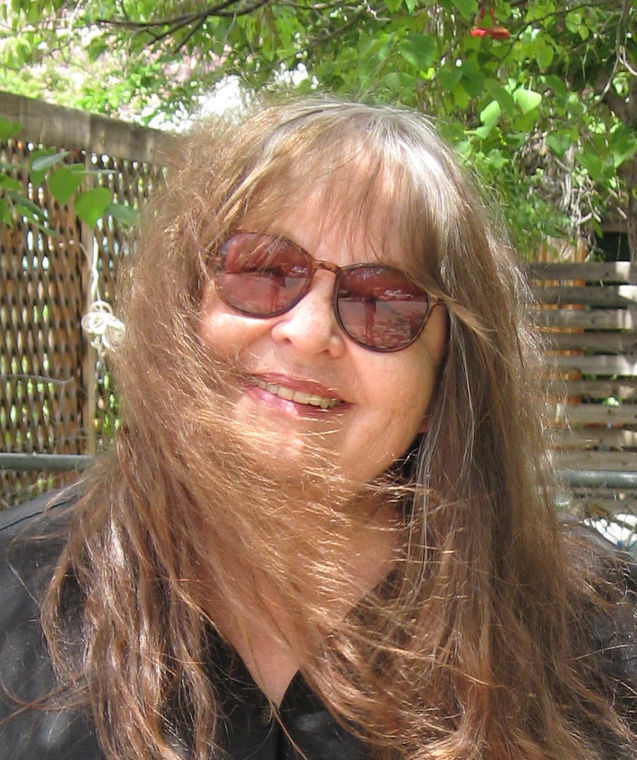Some information may be outdated.
Affordable housing isn’t a new problem for Moab.
From its founding in the 1880s, Moab and the surrounding areas were heavily agricultural, supporting dozens of orchards and fields planted in hay and alfalfa to feed the herds of sheep and cattle that centered on Grand County.
Until 1952.
Then uranium happened. Prospectors, miners, drillers and roughnecks descended on Moab by the thousands, all of them needing a place to live. The few motels in Moab, Thompson and Cisco bulged at the seams, often renting a single room to several men. But many men brought families and they couldn’t live several to a room.
Trailers were the solution. Orchards were razed to put in cement trailer pads. Owners poured pads in odd corners of their properties, any place level enough to park a trailer. Some rented out the pads, others provided trailers for rent. Trailers were affordable housing.
Trailers could be the answer to affordable housing today. Currently, the city and county are discouraging trailer parks and throwing around ideas about rezoning residential areas to allow for high-density construction with few green areas and not enough parking, building up rather than out. There are two problems to this approach: The first is that people who bought homes within a residential zone have a right to expect their neighborhoods to remain quietly residential; the second is that building up with no additional area for green space and parking is a sure recipe for instant slums.
It would be nice to have more affordable homes on the market, but the truth is, we can do little to affect the housing market as it responds to national trends and movement of the Federal Reserve System on interest rates. We can require that developers build the affordable housing in their plans before they build the upper-end houses, but that requires a backbone in government that often collapses in the fervid anticipation of increased tax revenue.
The truth is, we are again a boomtown; not an oil or mining boom, but a tourist boom that brings most of the problems of the earlier extractive minerals booms, with the added problem of substandard pay rates. Neither counter clerks nor schoolteachers can afford to live here, and they certainly can’t buy houses.
We need rental units.
Very few of the seasonal workers who flock to Moab during the tourist season want to buy houses, but they desperately need housing. So once again we are faced with the fact of too many people living in one unit, working multiple jobs, and little time to spend on maintaining the visual aspects of their space. Once again, instant slums.
We can do better.
Instead of looking down our noses at the idea of trailer parks, we need to get rid of the notion that people who live in trailers are trailer trash; that’s an outmoded idea that has little bearing on today’s reality.
Let’s take a look at what trailer parks can be. Trailer parks can be laid out in visually attractive patterns with xeriscaped vegetation and hardy trees, and include adequate parking. Each park can have a central green area, perhaps with a playground and picnic tables. The park owner can provide rental trailers for much less initial investment than building a 3-story apartment complex in a residential area with all the associated rezoning problems. The rezoning needed for trailer parks could include a rent control provision to ensure that the housing remains affordable, possibly by giving a tax break as an incentive. We have many acres of cheaper land farther out in the valley that could be developed with minimal rezoning for trailer parks. For a reasonable fee, a couple of municipal shuttle buses could provide transportation to the downtown area at traditional work shift time changes.
One thing is for sure: we need happy seasonal workers. Unhappy workers make unhappy customers. Unhappy customers will put you out of business. We wouldn’t be the first tourist town to bite the dust because of a bad reputation caused by unhappy service people. Having to work three jobs and sleep in your car can make very unhappy service workers.
Let’s rethink the notion that trailer parks are ugly, fractious places that downgrade neighborhoods, and instead visualize how beneficial and fruitful well-planned trailer parks could be in solving our affordable housing problems.
Michaelene Pendleton grew up in the oil field and has had experience in boomtowns from Texas to Alaska. She first came to Moab in 1954 and has seen several local boom cycles.
Appreciate the coverage? Help keep local news alive.
Chip in to support the Moab Sun News.



